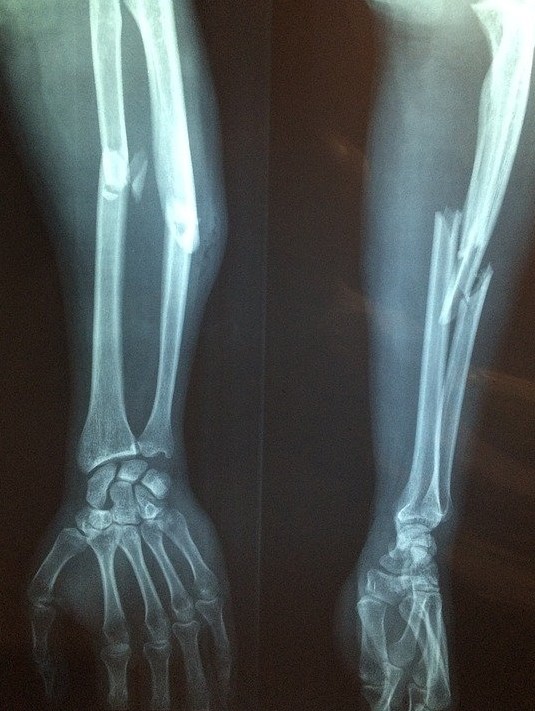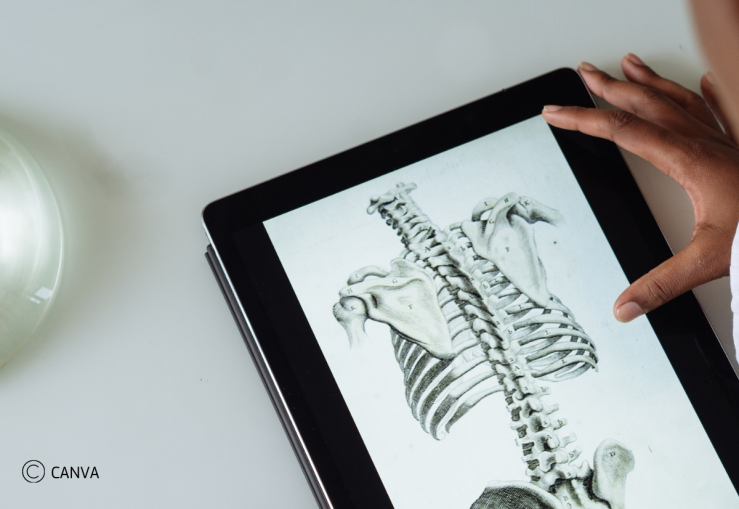The BoneFix project aims to deal with the socioeconomics cost of fractures. While this medical condition occurs relatively commonly, as it is caused by accidents such as falls, the currently used rigidity and highly invasive nature of metal fixators are not appropriate for every patient. Above all, metal fixators seem to be problematic when used on thin and fragile bones, that can be affected by conditions such as osteoporosis. Osteoporosis is the most common reason for broken bones among the elderly, while at the same time it can make the curing of these the fractures more complicated.

BoneFix proposes a new solution for treatment of fractures on not only thin or fragile, but also inaccessible and shattered bones: a novel class of bone adhesives that will allow for personalized surgical treatment of fractures via minimal invasive surgery under local anaesthesia; resulting in less risk for patients.
The scientists explain their method further in the project proposal:
“This will be accomplished by developing a novel library of biocompatible, biodegradable triazine monomers, linear polycarbonates and multi-purpose dendritic materials, capable of binding to wet bone, together with strong biodegradable organic/ceramic composites.”
The ultimate goal is to establish a new disruptive technology in clinical interventions of fractures. The aim of the BoneFix technology is to heal, fixate and protect complex fractures while making screws, plates and open surgery obsolete.
The project manager, Prof. Michael Malkoch shares his thoughts:
“If we succeed, the BoneFix technology is the ultimate universal solution that addresses currently identified surgical challenges of complex bone fracture fixation and restoration. It embodies what every orthopaedic surgeon is on the lookout after in adhesive solutions, from degradable and antibacterial fixator systems to minimal invasive, patient personalized surgery of complex fractures.”
This promising Pathfinder (FET-Proactive) project starts in October 2020 and runs for 48 months, until September 2024. It connects the Swedish Royal Institute of Technology (Kungliga Tekniska Hoegskolan, the coordinator), University of Bergen (Norway), AO Research Institute Davos (AO Forschungsinstitut Davos, Switzerland), Region Hovedstaden (Denmark), Karolinska Institutet (Sweden) and Biomedical Bonding AB (Sweden).
The project has been also presented during the online Future Tech Week, which took place in September this year, via a special webinar organised by the above mentioned Swedish Royal Institute of Technology.

DISCLAIMER: This information is provided in the interest of knowledge sharing and should not be interpreted as the official view of the European Commission, or any other organisation.

